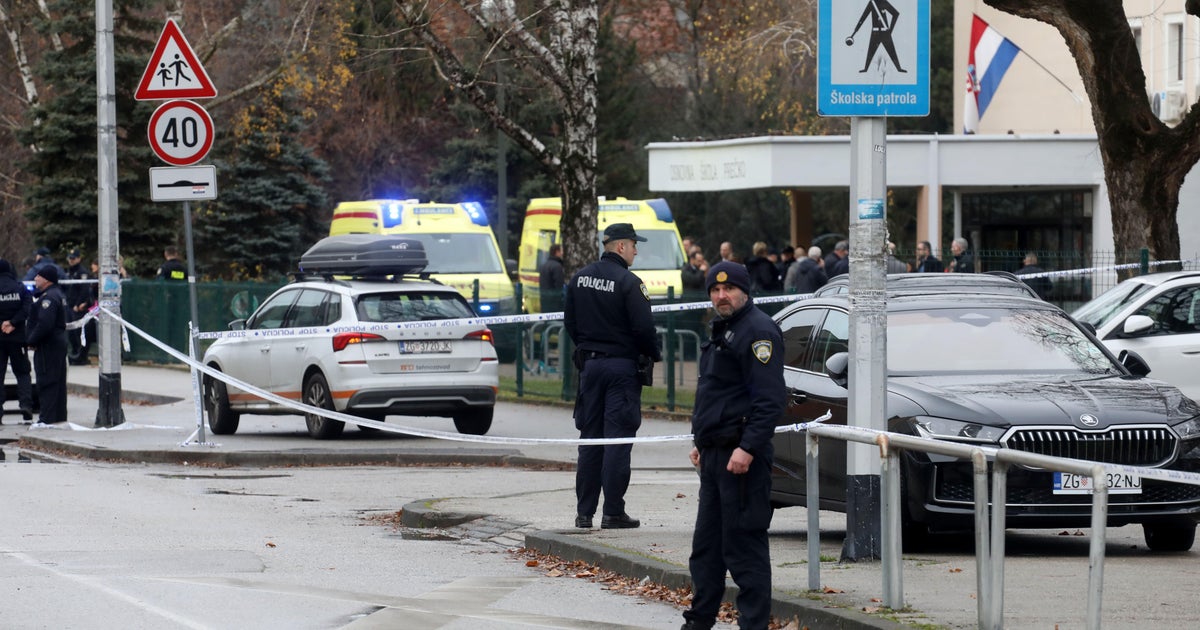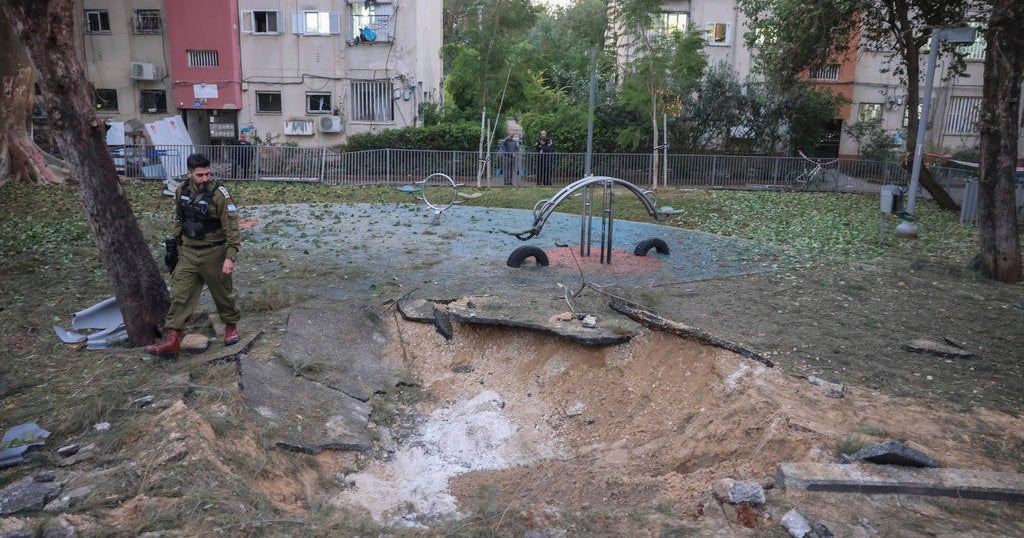16 sentenced to death for brutal murder of Bangladeshi teen set alight at her madrasa
A court in southern Bangladesh sentenced 16 people to death on Thursday for the killing of a young woman in a horrific attack earlier this year. Nusrat Jahan Rafi, 19, was set on fire on April 6 after she and her family refused to withdraw sexual harassment charges against the principal of the Islamic school she attended.
She died of her injuries four days later, sparking widespread protests across the South Asian nation and prompting Prime Minister Sheikh Hasina to promise speedy justice.
The principal of the seminary, Siraj Ud Doula, against whom Rafi filed the criminal harassment complaint, was among the people sentenced to death by the special court in Feni, about 100 miles southeast of Bangladesh's capital Dhaka.
Police said Doula ordered the murder from prison, where he was being held after his arrest on Rafi's complaint.
Two politicians of the ruling Awami League, Ruhul Amin and Maksud Alam, were also among those sentenced to death. The others were two teachers and 11 students — two of them female — at the Islamic school, or madrasa.
Bangladeshi media said there was anger and wailing in the courtroom when the verdict was delivered. All 16 of the accused and their family members were present in the court, which was surrounded by police.
"The verdict proves that nobody will get away with murder in Bangladesh. We have the rule of law," prosecutor Hafez Ahmed said after the ruling was announced.
The convicted murderers were expected to appeal their sentences to a higher court in the country.
A brutal murder
Rafi registered a police complaint against the principal in March, alleging that he had called her into his office and touched her inappropriately. Police arrested Doula a few days after receiving the complaint.
In jail, Doula told associates "to put pressure on Rafi to withdraw the case, or kill her if she refused," senior police superintendent Mohammad Iqbal, who led the investigation, told French news agency AFP.
Human Rights Watch said Rafi's family reported receiving death threats, warning them to drop the case.
On April 6, two teachers and several students lured Rafi to the roof of the seminary and urged her to withdraw the sexual harassment charges against Doula, but she refused. She was then tied up with a scarf, doused in kerosene and set on fire.
"The plan was to pass the incident off as a suicide. But it fell through after Rafi managed to come downstairs while on fire because the scarf burned and freed her hands and feet," Iqbal told AFP.
In a video statement recorded by her brother as she was driven to the hospital, Rafi is heard saying, "The teacher touched me inappropriately. I will fight this crime till my last breath." She named some of her attackers in the video.
Rafi sustained burns over 80% of her body and died at Dhaka Medical College Hospital on April 10.
Public outrage turned quickly into widespread street protests, especially by students, and her attackers were quickly apprehended.
On May 29, Bangladeshi police filed murder charges against the 16 suspects. The trial began on June 27 and ended Thursday with the death sentences.
Sexual abuse in Bangladesh
Sexual harassment and assault are commonplace in the south Asian nation.
According to women's rights group Mahila Parishad, more than three women were raped every day on average during the first six months of 2019, and 26 women were killed after being raped.
According to Action Aid, 80% of women working in Bangladesh's garment industry have either seen or experienced sexual violence at work.
While Rafi's case was treated with urgency after her death, a video taken on March 27 while Rafi reported the assault shows the local police chief registering her complaint, but telling her the incident was "not a big deal."
Sara Hossain, a Bangladeshi lawyer and honorary executive director of the Bangladesh Legal Aid and Services Trust, told CBS News on Thursday that "death penalties are no solution" to the problem of sexual assault and harassment in her country, and that law enforcement authorities need to start taking cases more seriously from the beginning, when they're reported.
"In Nusrat's case the judgement seems to be an effort to deal with public outrage. We have to ensure that the trials are fair to everybody," she said.
"There are many sexual harassment cases in Bangladesh where the women don't even enter courts," Hossain said, noting that only 2% of women who face violence in Bangladesh are believed to seek justice. "Systems need to be put in place by which women feel confident to report the cases, the police response is sensitive, and the judicial process corruption-free. That's not the case right now in Bangladesh."






